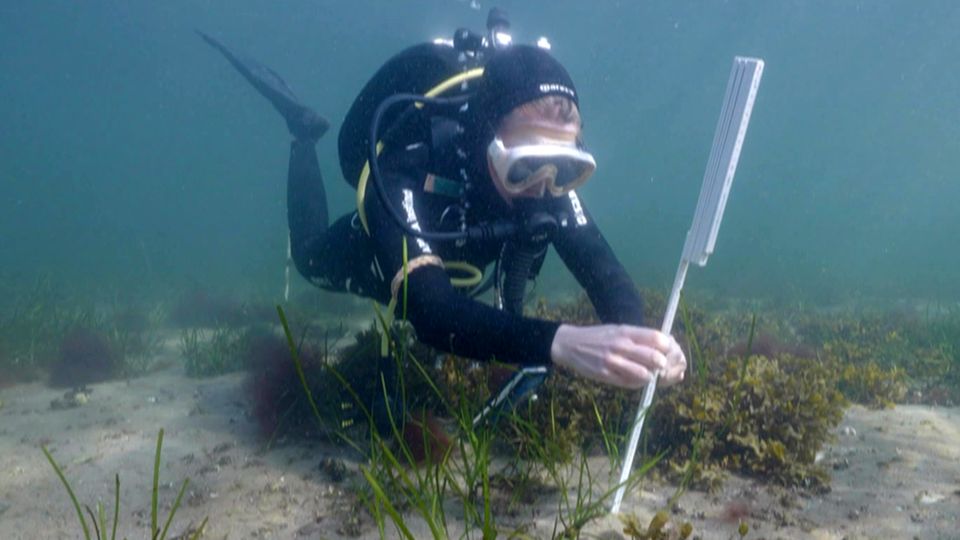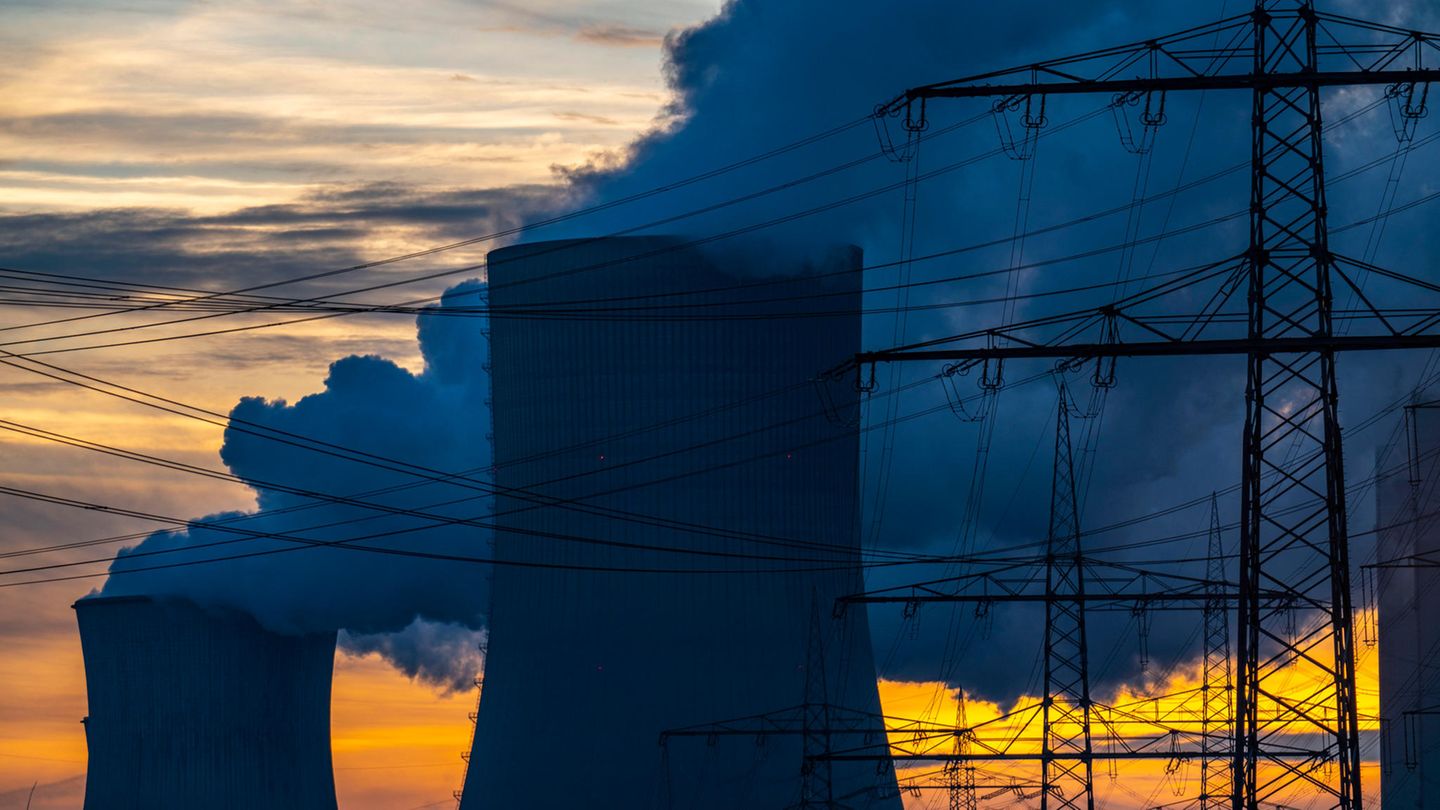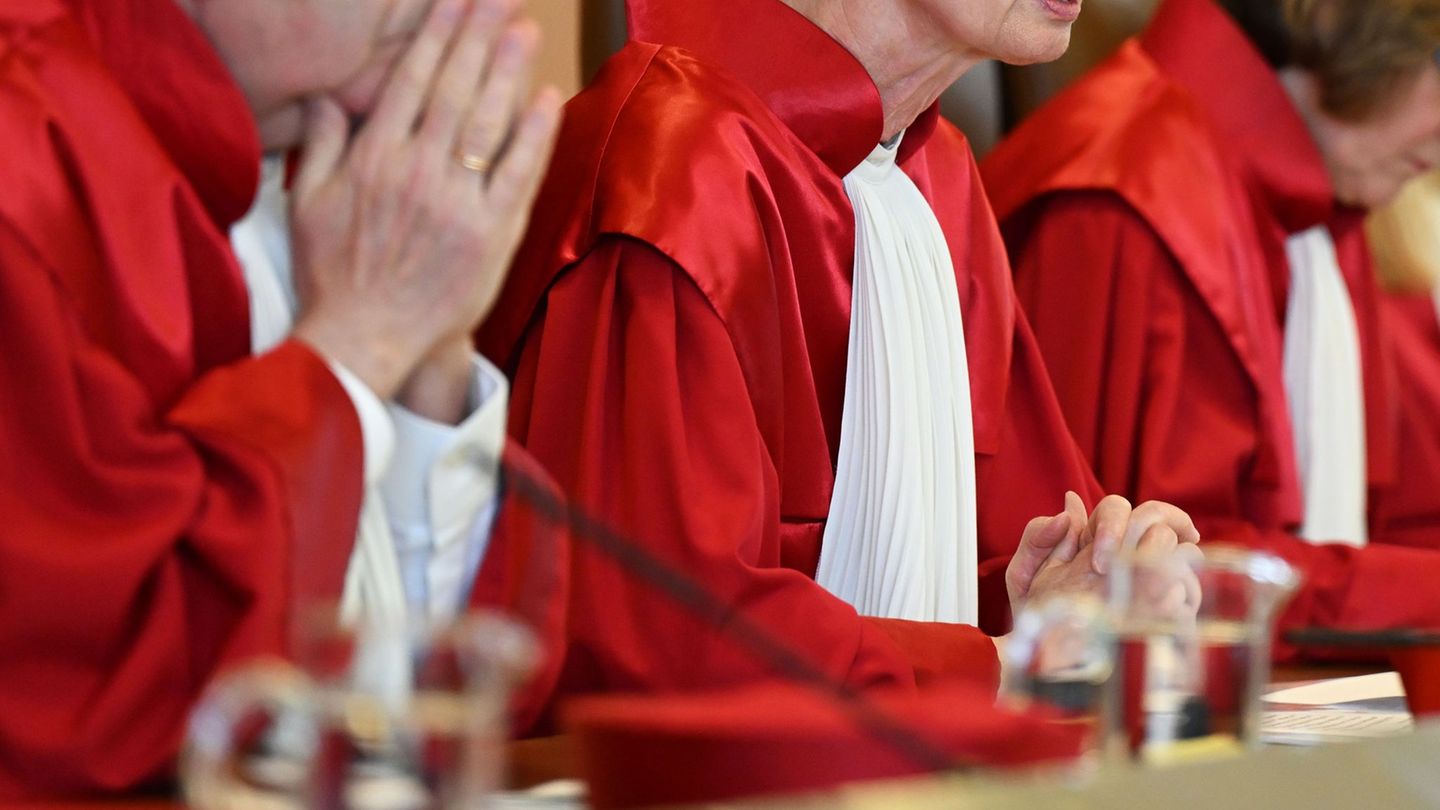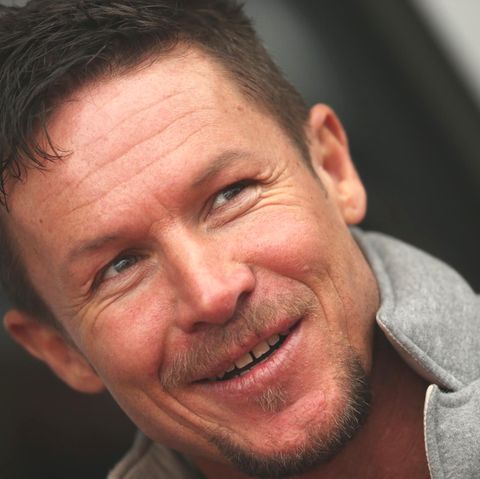questions and answers
On October 31, representatives from almost 200 countries will meet for the annual World Climate Conference – this time in Glasgow, Scotland. But what exactly is the meeting about and why is it so important? An overview.
Around 25,000 participants, almost 200 countries – the meeting in Glasgow, Scotland, is gigantic. The tasks of the World Climate Conference, which begins on October 31, are also: It is about nothing less than a question of survival for millions of people on this planet.
What is the World Climate Conference – or COP26?
The world climate conference takes place annually, always in a different country. At the invitation of the United Nations, around 200 countries usually debate for two weeks at the beginning of winter how mankind can curb global warming to a tolerable level. COP stands for “Conference of the Parties”, meaning those states that have signed the so-called Framework Convention on Climate Change. This year they meet in Glasgow for the 26th time – hence COP26. Around 25,000 people are expected to arrive – not only the government representatives, but also thousands of journalists and climate protection activists.
Why is there the World Climate Conference?
The first world climate conferences took place in the late 1970s and 1980s. The first “COP” under the umbrella of the Framework Convention on Climate Change took place in Berlin in 1995. The German negotiator at the time was Angela Merkel, as Environment Minister under Chancellor Helmut Kohl (both CDU). More than 25 years ago, the summit set itself the goal of stipulating bindingly by when and how much global emissions of climate-damaging greenhouse gases should be reduced. Science had previously warned: Too many greenhouse gases in the air, especially carbon dioxide and methane, ensure that the earth continues to heat up and could in some cases become uninhabitable for people.

What is this climate conference about – and why is it important?
What is important is what happened in the last few weeks before the start of the conference – or what did not happen. Because many states have not done their homework. A number of governments have not tightened their national plans for climate protection sufficiently, primarily delaying the phase-out of coal, oil and gas and neglecting the climate-friendly restructuring of transport and agriculture. Therefore, in the opinion of all experts, the common goal set in 2015 of limiting global warming to 1.5 degrees compared to pre-industrial times is still a long way off.
In September, the responsible UN climate agency sounded the alarm: Even if all the existing climate plans are implemented, the world is heading for a warming of 2.7 degrees – and even a plus of 16 percent in harmful emissions. The fatal consequences would be significantly more droughts, storms, floods and forest fires, as we have just seen in many regions of the world and also in Germany. Hundreds of millions of people would also be plunged into poverty and many would be forced to flee. In order to achieve the 1.5 degree target, global emissions would actually have to be reduced by 45 percent by 2030. Much more ambitious commitments are due at the latest during the conference.
When would the COP26 be successful?
At the end there is a kind of final declaration. This would have to explain in a comprehensible manner how the international community specifically wants to get on the 1.5-degree path. Another issue is money, specifically financial aid for climate protection in poorer countries. According to analyzes by the Organization for Economic Cooperation and Development, the rich countries and development banks provided around 79.6 billion US dollars (67.6 billion euros) for this in 2019. But that falls short of the agreed target of mobilizing 100 billion dollars a year by 2020. It would be a step forward if this promise were fulfilled in Glasgow.
David William is a talented author who has made a name for himself in the world of writing. He is a professional author who writes on a wide range of topics, from general interest to opinion news. David is currently working as a writer at 24 hours worlds where he brings his unique perspective and in-depth research to his articles, making them both informative and engaging.




